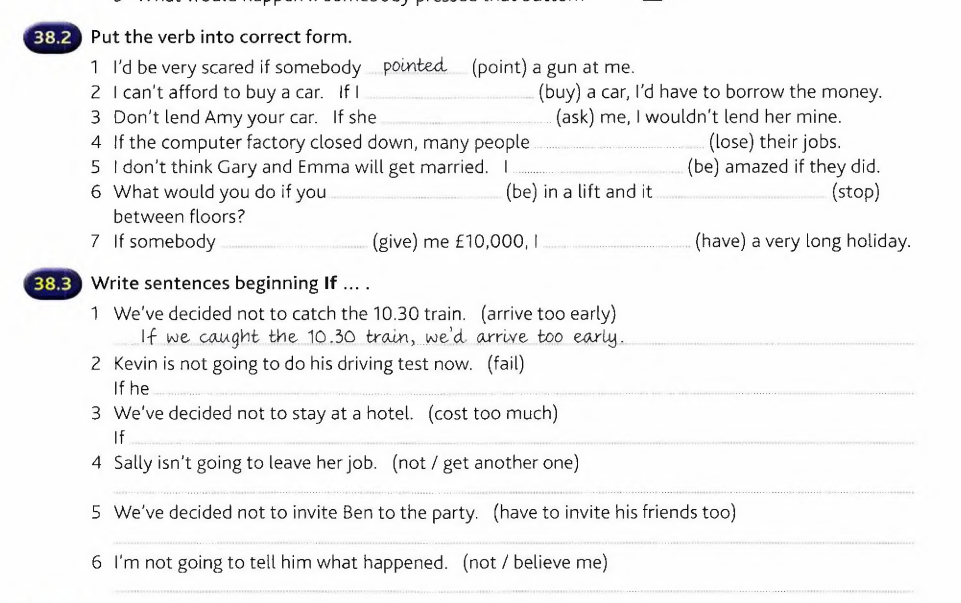Today is the first class in our new four class set. We will start class with a casual conversation. Our reading this week is about youth unemployment. Our listening is about cooking outside. I have included a transcript. We will finish class with our grammar review. Writing the sentences on a separate piece of paper by hand is a wonderful way to practice. For today’s mini grammar we will practice “if do and if did” sentences.
Click HERE for the reading
ARI SHAPIRO, HOST:
For some people, barbecuing is all about the gear. You might have a backyard expert in your own life who can't stop evangelizing about a certain grill or smoker. Well, NPR's Neda Ulaby spoke to an advocate of a more minimalist approach.
NEDA ULABY, BYLINE: The British cookbook writer James Whetlor is not impressed by your Big Green Egg or your Traeger Grill or your fancy-schmancy anything. You want a tandoori oven? He says just go to Home Depot.
JAMES WHETLOR: You buy one big flower pot and a couple of bags of sand and two terracotta pots, and you've got yourself a tandoor.
ULABY: Whetlor's new cookbook, "DIY Barbecue," shows you how to safely cook outside by digging a hole in the ground or draping skewers over a cinderblock - no beach or backyard necessary, just a square of outside space, food and summer tunes, ideally...
WHETLOR: American '70s rock classics.
(SOUNDBITE OF SONG, "RAMBLIN' GAMBLIN' MAN")
BOB SEGER: (Singing) Yeah, I'm going to tell my tale. Come on.
ULABY: You do not even need a grill, Whetlor insists. And he's won a James Beard Award. There's a whole movement you may have missed, he says, called dirty cooking.
WHETLOR: It's like cooking directly on coals. Like, that's exactly what it is.
ULABY: Like laying your food right on the charcoal.
WHETLOR: You can do it brilliantly with steak. You got nice, really hot coals. Just lay your steak straight on it.
ULABY: Brush off the ash, and bon appetit. I told James Whetlor I'd be intimidated to stick a steak straight on the coals.
WHETLOR: You should get over it. You should be able to - I think you can do it.
ULABY: Whetlor also includes lots of vegetarian recipes in his book. He writes about barbecue's environmental impact and how it developed among Indigenous and enslaved people.
WHETLOR: Any food that we eat - I think we should acknowledge the history and the tradition and the culture behind it because it just makes it so much more interesting. It makes you a better cook 'cause you understand more about it.
ULABY: And today, he says, barbecuing outdoors is a surefire way to start up conversations, to nourish our shared human hunger for a hearth. Neda Ulaby, NPR News.
